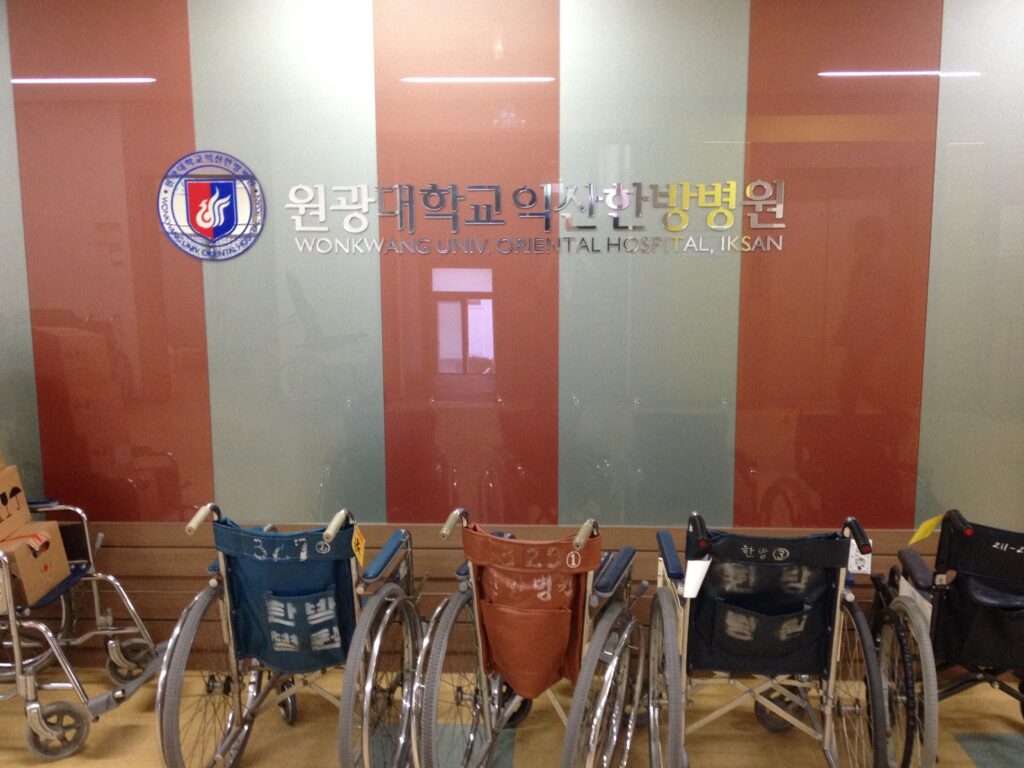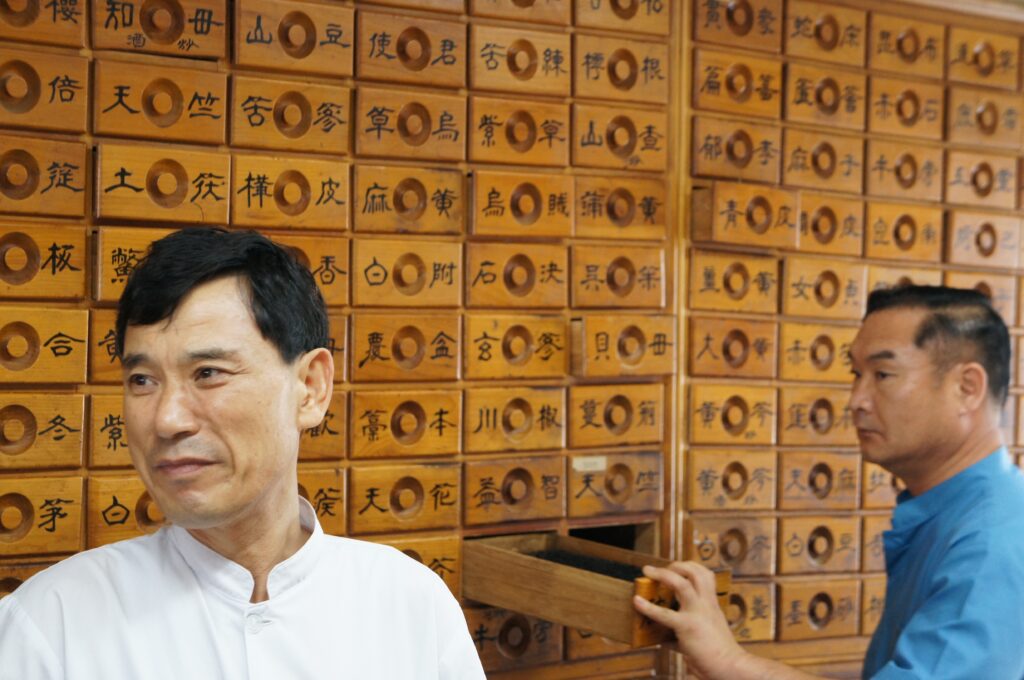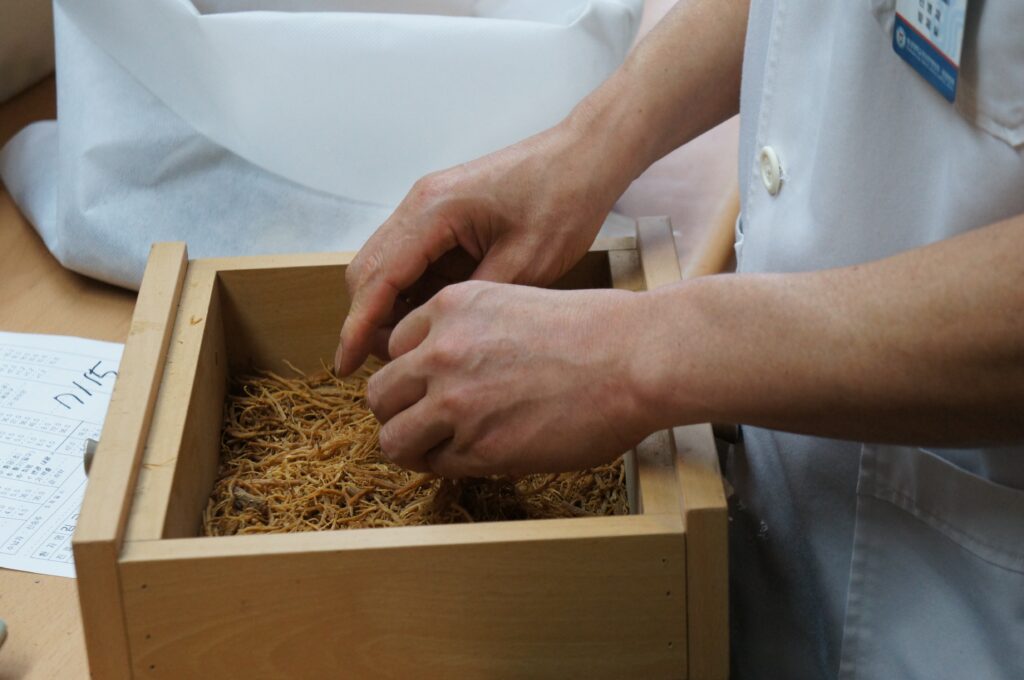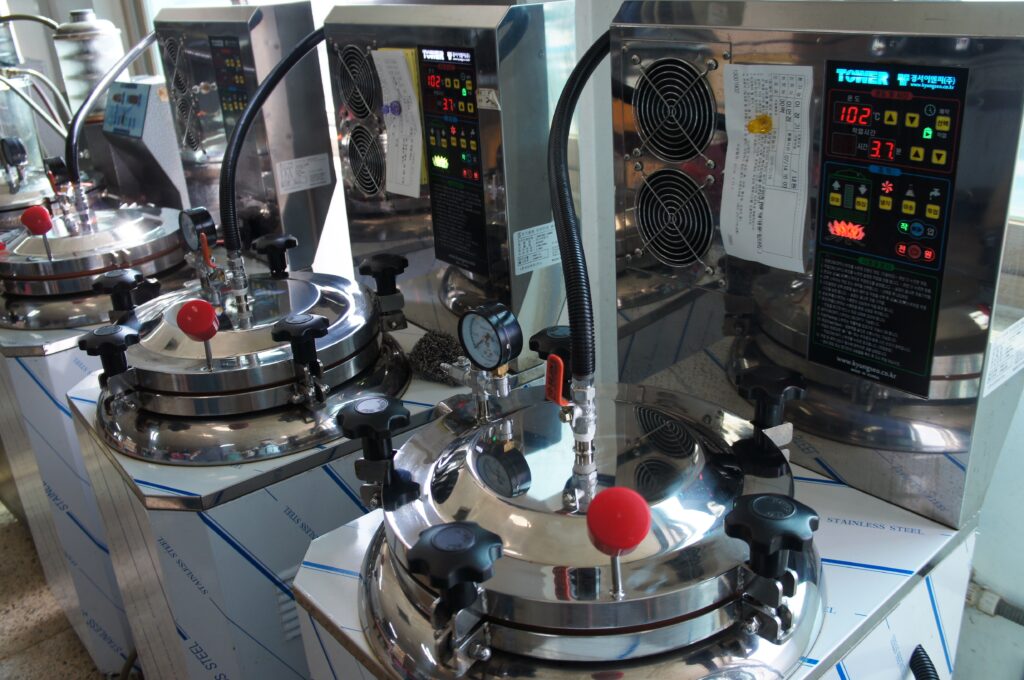By Jason Lee
Cross-reference: Won Buddhism in Philadelphia
Won Buddhism (원불교/圓佛敎) is a modernized Buddhist religion based in Iksan, South Korea, founded in 1916 by Pak Chungbin (박중빈/朴重彬), known as Sotaesan (소태산/少太山). Some researchers have considered Won Buddhism to be a New Religious Movement rather than a school of Buddhism, noting how Won Buddhism is unorthodox in its appearance and religious teachings. (Baker 2012, 47; Pye 2002, 113-4). However, since Won Buddhists self-describe as Buddhist, we have included them in the Jivaka Project.
As described in the Scriptures of Won Buddhism, Sotaesan viewed Won Buddhism as a form of medicine to cure the world of its illnesses and alleviate human suffering. Referring to the Buddha with the traditional honorific title “King of Medicine,” Sotaesan compared the moral teachings of Won Buddhism to medicine and its temples to hospitals that cure people of their “moral illnesses.” (Chung 2003, 217-8).
Emphasizing the philosophy of jesaeng euise (제생의세/濟生醫世) or “saving all living beings and curing the world,” Won Buddhism has expanded to include a global network of affiliated medical and educational institutions (Won Buddhism 2016). With around 130,000 followers, Won Buddhism has 50 temples in Asia, Africa, Europe, North America, and South America (The Sotaesan Center 2021). In addition to the temples, the Won Institute of Graduate Studies in Glendale, Pennsylvania (USA) offers graduate programs in acupuncture, Chinese herbal medicine, and Won Buddhist studies.
Domestically in South Korea, the headquarters and historical sites of Won Buddhism are located in Iksan, a medium-sized city in the southwestern province of North Cholla. Its affiliated university and hospitals are also primarily based in Iksan. Established in 1953 by the Won Buddhist order, Wonkwang University (원광대학교/圓光大學校), has offered degree programs for its clergy to systematically study Won Buddhism (Wonkwang University 2016). In 1973, the university opened a medical college that teaches traditional Korean medicine (TKM). Four years later, a university-affiliated TKM hospital was built in Gwangju (Wonkwang University 2016).
With influences from Chinese medicine, TKM is characterized by its use of acupuncture, moxibustion, meditative/mindfulness therapies, and herbal medicine, and is largely based on the sixteenth-century Korean medical classic Dongui Bogam (동의보감/東醫寶鑑) or the Treasured Mirror of Eastern Medicine (Baker 2003, 133-153). Heavily utilized to this day, therapeutic principles in the Treasured Mirror have also been modified by traditional Korean medical doctors at Wonkwang University for the treatment of mental disorders (Salguero 2021, 291-300).
Expanding beyond TKM, the university opened a school of medicine and a university hospital in 1982 that specialized in modern Western biomedicine (Wonkwang University 2016). Altogether, the Wonkwang University Hospital (원광대학교병원/圓光大學校病院) now encompasses a wide range of medical centers, including a neuropsychiatry hospital and a dental hospital, along with three TKM hospitals in Iksan, Gwangju, and Jeonju (Wonkwang University 2016).
Media
Google Street View
Scholarly Sources
- Baker, Don. 2012. “Constructing Korea’s Won Buddhism as a New Religion.” International Journal for the Study of New Religions 3 (1): 47–70.
- Baker, Don. 2003. “Oriental Medicine in Korea.” In Medicine Across Cultures: History and Practice of Medicine in Non-Western Cultures, edited by Helaine Selin and Hugh Shapiro, 133–53. Dordrecht: Springer.
- Chung, Bongkil. 2003. The Scriptures of Won Buddhism: a Translation of the Wŏnbulgyo Kyojŏn with Introduction. Honolulu, HI: University of Hawai’i Press
- Pye, Michael. 2002. “Won Buddhism as a Korean New Religion.” Numen 49 (2): 113–41.
- Salguero, C. Pierce. 2021. “Countercurrents and Counterappropriations: The Role of Mindfulness in Traditional Korean Medicine.” Asian Medicine15 (2): 291–300.
External Links
- “What Is Won-buddhism?” Won-Buddhism. http://wonbuddhism.org/#/what-is-won-buddhism
- “What Is Won?” Won Buddhism, 2020. http://www.wondharmacenter.org/what-is-won/




